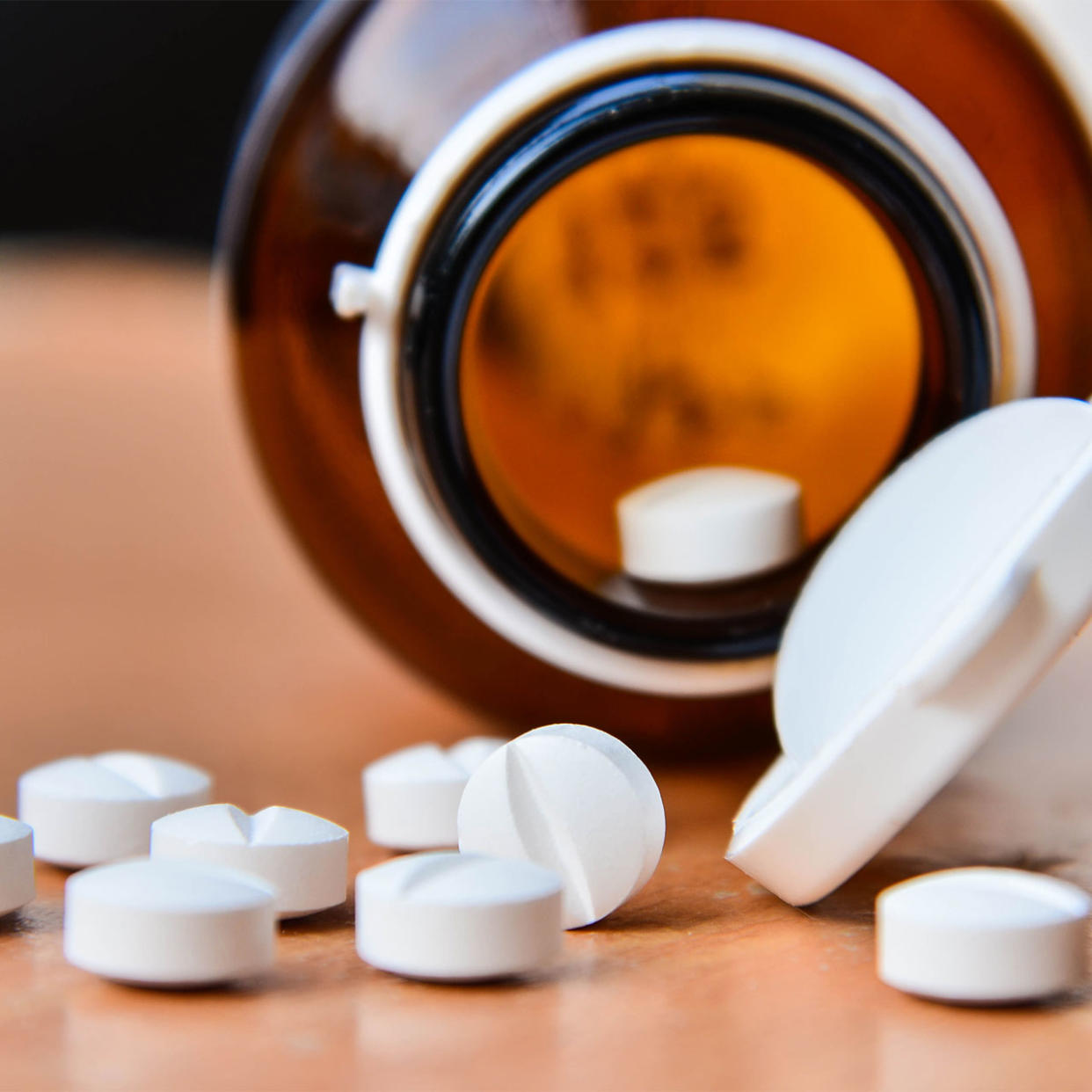4 Surprising Medications That Can Contribute To Weight Gain, According To A Doctor

Medications play a crucial role in managing various health conditions, but it’s important to recognize that some of them can have side effects, including weight gain. This phenomenon has been observed with certain medications and while the specific mechanisms vary, some drugs may impact metabolism, appetite, or fluid retention, leading to an increase in body weight.
We spoke with Dr. Ramit Singh Sambyal, MD, to learn about four medications that can contribute to weight gain. Sambyal revealed that insulin and insulin sensitizers, antidepressants, antipsychotics, and steroids are the ones to look out for when it comes to weight management.

Insulin and Insulin Sensitizers
Insulin and insulin sensitizers are medications commonly used in the management of diabetes, particularly type 2 diabetes. While these drugs are crucial for regulating blood sugar levels, some individuals may experience weight gain as a side effect. Insulin, in particular, is known for promoting the storage of excess glucose as fat in the body.
"This hormone helps store glucose from food as fat, and increased insulin levels due to diabetes or insulin resistance can contribute to weight gain. Drugs like rosiglitazone and pioglitazone, while improving insulin sensitivity, can also stimulate fat storage and increase appetite, potentially leading to weight gain," Sambyal says.
He also notes that this medication is "linked to weight gain in 5-10% of users," according to research.

Antidepressants
Antidepressants, a class of medications widely prescribed to manage various mood disorders, have been associated with weight gain in some individuals.
Sambyal states that tricyclic antidepressants like "amitriptyline and imipramine can induce increased appetite and water retention, potentially contributing to weight gain. While less common, some Selective Serotonin Reuptake Inhibitors (SSRIs) like paroxetine may also stimulate appetite or cause water retention, leading to weight gain in some individuals."
He highlights research findings indicating that 25-35% of users of tricyclic antidepressants experience weight gain.

Antipsychotics
Antipsychotic medications, crucial in the treatment of various mental health disorders, have been associated with a notable side effect: weight gain. The exact mechanisms contributing to weight gain can vary, but factors such as increased appetite, changes in metabolism, and disruptions in hormonal balance are commonly implicated.
Atypical antipsychotics, he says, such as "olanzapine, risperidone, and clozapine can disrupt metabolism and hormonal regulation, leading to increased appetite, fat storage, and weight gain. Typical antipsychotics such as haloperidol and chlorpromazine may also cause weight gain through similar mechanisms, though to a lesser extent than atypical antipsychotics," Sambyal says.
He also states that this medication "can lead to weight gain in 20-40% of users," based on research.

Steroids
The mechanisms behind steroid-induced weight gain are multifaceted, involving factors like fluid retention, increased appetite, and alterations in metabolism. Steroids can lead to the accumulation of fat in specific areas of the body, contributing to weight gain, particularly in the face, neck, and abdomen.
"Prednisone, this commonly used corticosteroid, can increase appetite, water retention, and fat redistribution, leading to weight gain, especially in the face and trunk. Anabolic steroids, used for athletic performance enhancement, could directly promote muscle growth but can also cause significant fat gain and other health risks," Sambyal says.
He further adds that users experienced weight gain in 20-50% of cases, with the extent depending on the dosage and duration of use.

